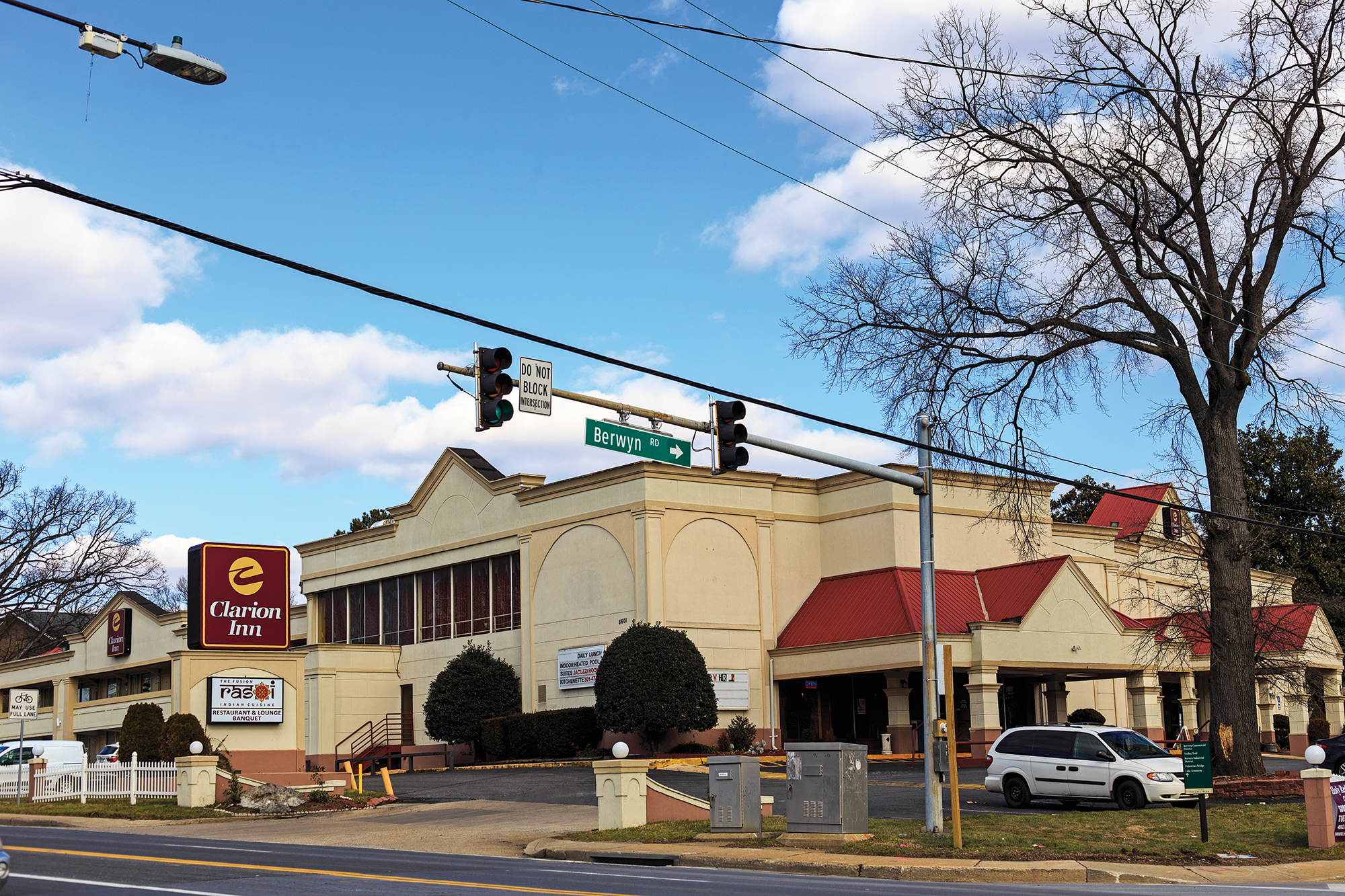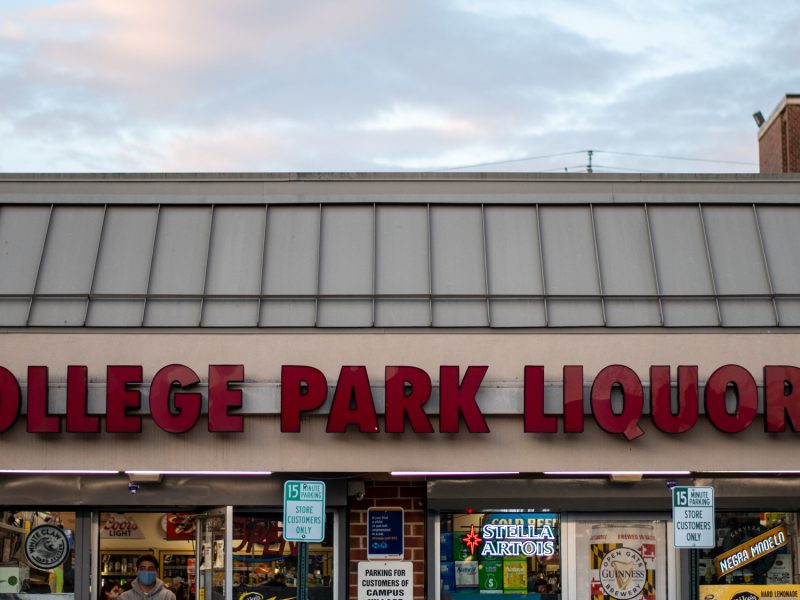As redevelopment of the city continues toward its goal of “One College Park,” city officials see a need for grocery stores to fill the “food desert” in the area, said Terry Schum, the city’s planning director.
Various announcements are underway to reveal some of the new companies, retail locations and restaurants that will soon come to College Park, said Ken Ulman, chief strategy officer for economic development.
“When there are more diverse restaurants, the more diverse retail options, people … speak with their wallets if you will,” Ulman said. “The more options that we give them on Baltimore Ave. and in surrounding communities, the more they’re going to keep their dollars at home.”
According to the most recent development update report, one of the largest European grocers, Lidl, is planning to build a store at the Clarion Inn site at 8601 Baltimore Ave. The store also plans to open a location in Bowie.
Although Lidl is “early in the process,” Schum said a grocery store at that location would be useful to residents. The grocer has yet to officially file anything with the county and will continue to meet with city and county officials, as well as residents, before finalizing any site plans.
This grocery store would meet the needs of various demographics within the College Park area, said Randall Toussaint, the city’s economic development coordinator.
Last year, College Park residents reported spending almost $60 million on food and drink services, but only about $22 million of that was spent on food and drink services within College Park, Toussaint said.
“We want to be a place that you don’t feel like you have to leave in order to get certain things,” Ulman said.
To fill these “leakages,” Toussaint said the city needs to increase its inventory of retailers, but also continue to support local retailers to help them grow.
“By taking this two-fold approach, it will lead to greater levels of retail spending and investment within the community,” he said.
Mayor Patrick Wojahn said the city needs to do more to attract a greater diversity of restaurants within the community. The city is “starting to see a change” as more restaurants and retailers hear about the demand, he said.
University President Wallace Loh said the university and the city are working to build up the community to meet the demands of students and residents.
“What we want to do is enhance the surrounding community in terms of livability, in terms of retail amenities, in terms of nice, upscale grocery stores and so forth, to attract students when they graduate to stay, live here and work,” Loh said.
The city is using demographic and profiling data to analyze the makeup and spending habits of College Park to get a sense of the restaurant and retail needs, Toussaint wrote in an email.
“We use it to assess the likelihood if certain retail products will be supported if they move into the community,” Toussaint said. “This is allowing us to be more finite in our approach to targeting new retailers that we would like to attract to our community.”
Schum also said these reports give the city access to a lot more detail. In the past, the city relied on more traditional market studies and consultants, she added.
“This is very current; we can manipulate it to provide very targeted reports, and so it’s been really great,” Schum said. “We’ve never done any profiling like [this], but our consultants have done market studies, supply and demand — there was a lot of information about demographics, and gaps in goods and services, but nothing like these specific profiles.”
The city also is using software programming to identify which retail products residents frequently purchase outside the community, as well as an index to assess the likelihood of a resident preferring a particular retail product, Toussaint wrote in an email.
Based on the collected data, a store like Lidl would be highly supported in the area, Toussaint said.
Businesses will like having this data handed to them on a “silver platter,” Schum said, as the city will make the data publicly available. Companies and retailers that see they can fill a specific gap within a market will be encouraged to relocate or develop a site within that community.
“We can seek out specific providers of the goods and services that we show a demand for, and we can back it up with the data showing that there is a gap or a need for these things,” Schum said. “It’s very compelling [for businesses] when we can do that. It will definitely help us in our business recruitment.”



